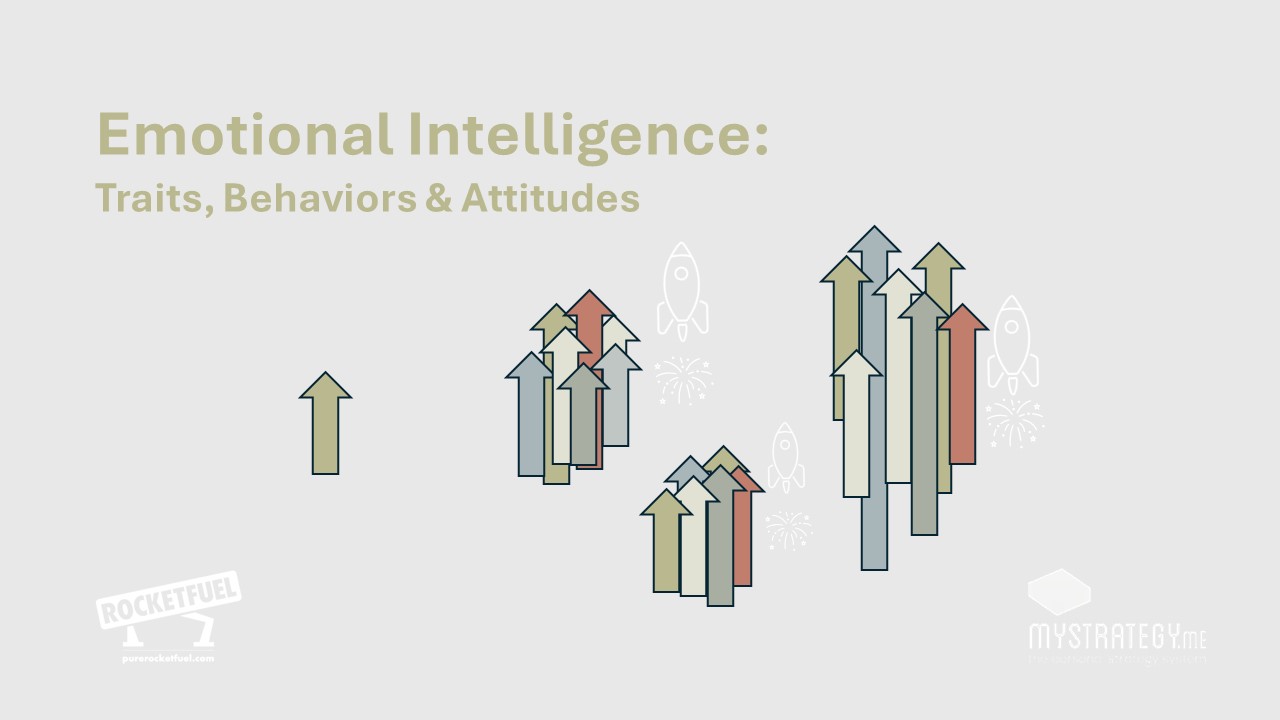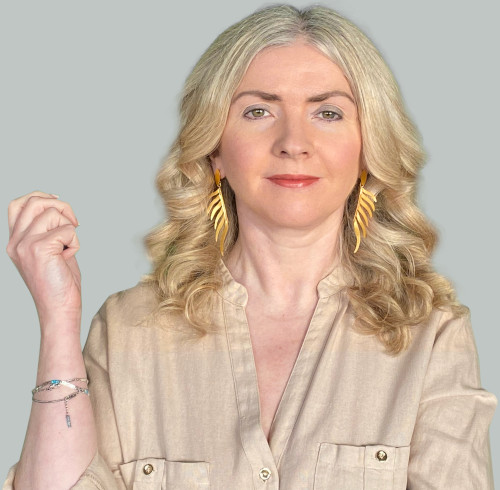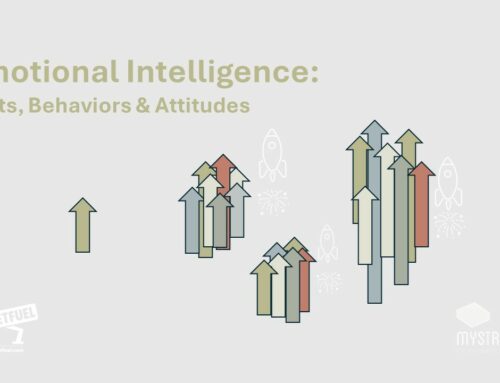
Zoning out, drifting along, can highlight opportunity, too, reminds Davina Greene.
“What’s your plan? Why don’t you have a plan? Oh my God, how are you going to survive without a plan?! Every part of your life should have a plan associated with it! Haven’t you heard of personal strategy?!?!”
“As a human being, you should be constantly learning. Always have a book in your hand. You’re not doing a course at the moment? Oh, wow…have you given up on life?”
Sound familiar? It shouldn’t, but it probably will. I’ve encountered many books and blogs – and people – that make me feel like an immeasurable loser if I want to just kick back and do nothing, be that for five minutes, weeks or months. Au contraire…those people are often the most well, the most emotionally intelligent.
Let’s face it, we have many areas into which we can divide our lives (Family, Career, Spirituality…). Some of them come naturally, move ahead organically, and don’t really need a plan; others, we’re worse at prioritizing, so they require our focus and effort. Some areas, we may not particularly want to pay attention to at all, so they remain plan-free.
If you are a plan-driven person and feel a bit of panic setting in when you cannot work to a distinct timeline of activities and goals and talk about vast amounts of ‘doing’ in your world, why might you want to consider another way?
Why Drifting Can Be Emotionally Intelligent
Put simply, drifting can be useful – it’s good to zone out sometimes. So forget the old ‘school’ view that daydreaming is a bad thing, the first hint of presumed laziness and distractibility. You should enjoy pondering your Self, your natural drive, your thinking processes – the continuous re-anchoring of new information to your self-knowledge and worldview is vital in building understanding and creativity.
By now, you are hopefully aware of the benefits of dreaming (day, night, whenever), in terms of the news-flashes that may result; the brain reshuffles its filing cabinets, connects some dots, and we often arise with a bit of extra clarity. All good, right? Many great concepts and inventions came from their creator letting his or her mind do its own thing for a bit – Google it, if you don’t believe me.
Drifting can offer a reboot, helping you reach conclusions faster as your subconscious helps you prioritize and analyze. Studies have found that a wandering mind can lead to more future-oriented thinking. This has to be a blessing for anyone stuck in an awkward or annoying present situation, right? Stop the endless analysis of the current mess and move more swiftly towards a solution.
As I’ve pointed out plenty of times before, not having any kind of long-term plan is only an issue if you unwittingly become a player in other people’s plans. Or if you genuinely have things to accomplish that require a bit of planning, don’t do the planning and, again, end up regretting it later.
At the other extreme, some people plan like they’re trying to guess the future; they design a plan for every outcome they can imagine, leaving them broken when life throws a different variation at them. Prioritization goes out the window while they try to tackle everything all of the time. Those who don’t overthink and don’t spend their time pre-analyzing the future then proceed to overtake them. What’s the good in that?
Drifting: Strive To Be Less Than Mindful!
We tell people who are busy to be mindful. However, I’m telling you, take it further: sometimes try being less than mindful. Try drifting! Have nothing in your planner for the day, week or month. Let your mind go wherever the hell it wants to go – it may not have done that since it was around 8 years old!
Don’t forget that we weren’t really built to live the way we’re living now. Most people keep going and going and going for survival, to earn enough cash to live on, week on week, and cover basic activities. Of course, the mind and body need a break from that unnatural treadmill. Self-preservation is never a waste of time, and drifting can play a useful part.
Key Points on Drifting
On a scale of 0 to 100 of ‘Being a Planner’, where would you land? What are the advantages of either end of the scale?
When did you last stop for a significant break, where your mind could truly empty for at least a few days?
Drifting can run a ‘refresh’, allowing us time to process information and move forward more constructively.
Notice when your mind wanders excessively – you don’t want negative performance.
Interested in investing in your own personal – and personal strategy – development? Check out www.MyStrategy.me!
Share This!
About the Author



